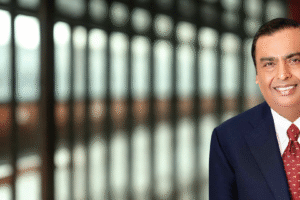Days ahead of PM Narendra Modi’s trip to the US from June 21 to 25, NASA officials are talking more and more about including India in the Artemis Accords, an American-led initiative to send people back to the Moon by 2025 with the ultimate goal of advancing space exploration to Mars and beyond.
A US space specialist predicted that when PM Modi and US President Joe Biden met at the White House next week, collaboration in space would be one of the main topics of conversation. Bhavya Lal, the assistant administrator for technology, policy, and strategy in the office of the NASA Administrator, recently expressed his desire that India would join the other 25 nations that have signed the Artemis Accords as the 26th.
Bhavya Lal, who completed her undergraduate and graduate degrees in nuclear engineering at MIT after completing her secondary education in Delhi, formerly held the position of acting chief technologist for NASA. According to her, the Artemis programme needs more collaboration between the US and India.
The US began its Artemis programme in November 2022 by sending the unmanned Orion spacecraft towards the Moon and returning it to Earth safely as a lead-up to a manned lunar mission. Intriguingly, India and the US decided earlier this year to enhance space collaboration in a number of sectors, including human space exploration and commercial space partnership, under the ‘Initiative on Critical and emerging technology’ (ICET) banner.
Isro’s space exploration initiatives would benefit greatly if Modi and Biden discussed India’s participation in NASA’s Artemis mission and cooperation in human space exploration. In a few weeks, India will also launch its Chandrayaan-3 mission and Aditya L-1 Sun mission.
The world’s most costly earth observation satellite programme, the $1.5 billion NISAR satellite project, has been a joint effort between Isro and NASA up to this point. When it is launched next year, it will record how the Earth’s changing ecosystems, dynamic surfaces, and ice sheet collapses. NASA had also launched its payload to the Moon aboard Chandrayaan-1, an Indian spacecraft that discovered the Moon’s first signs of water.




